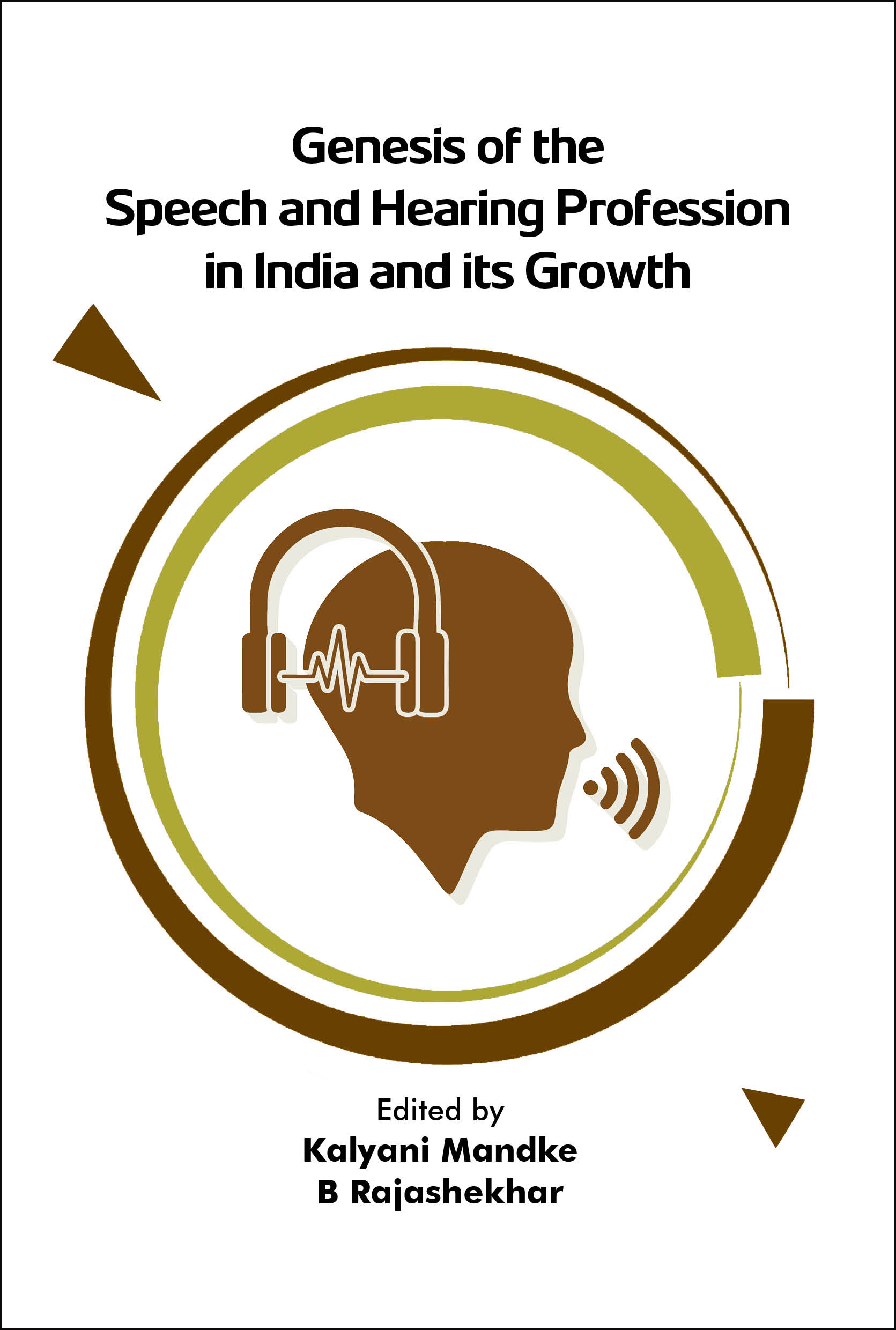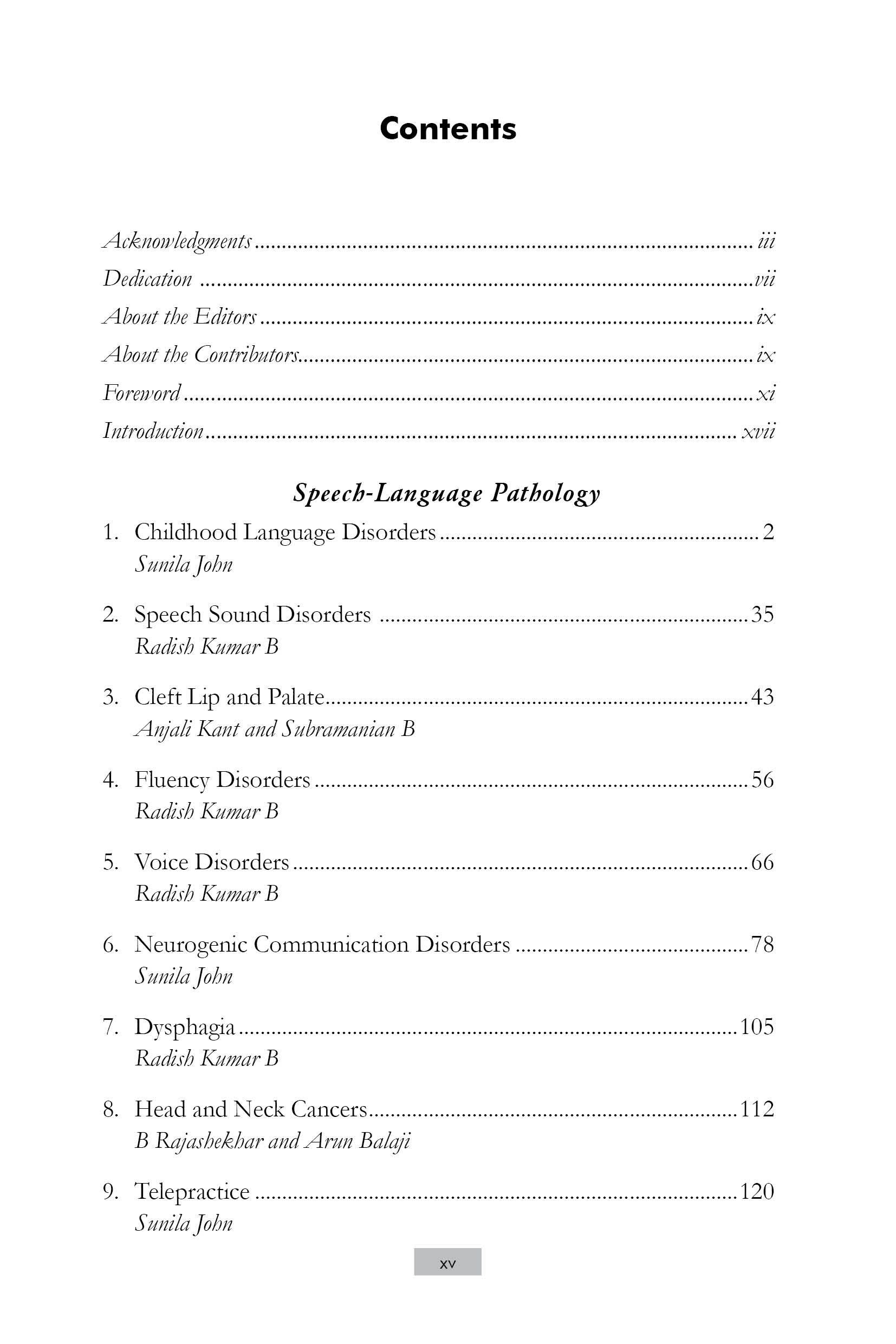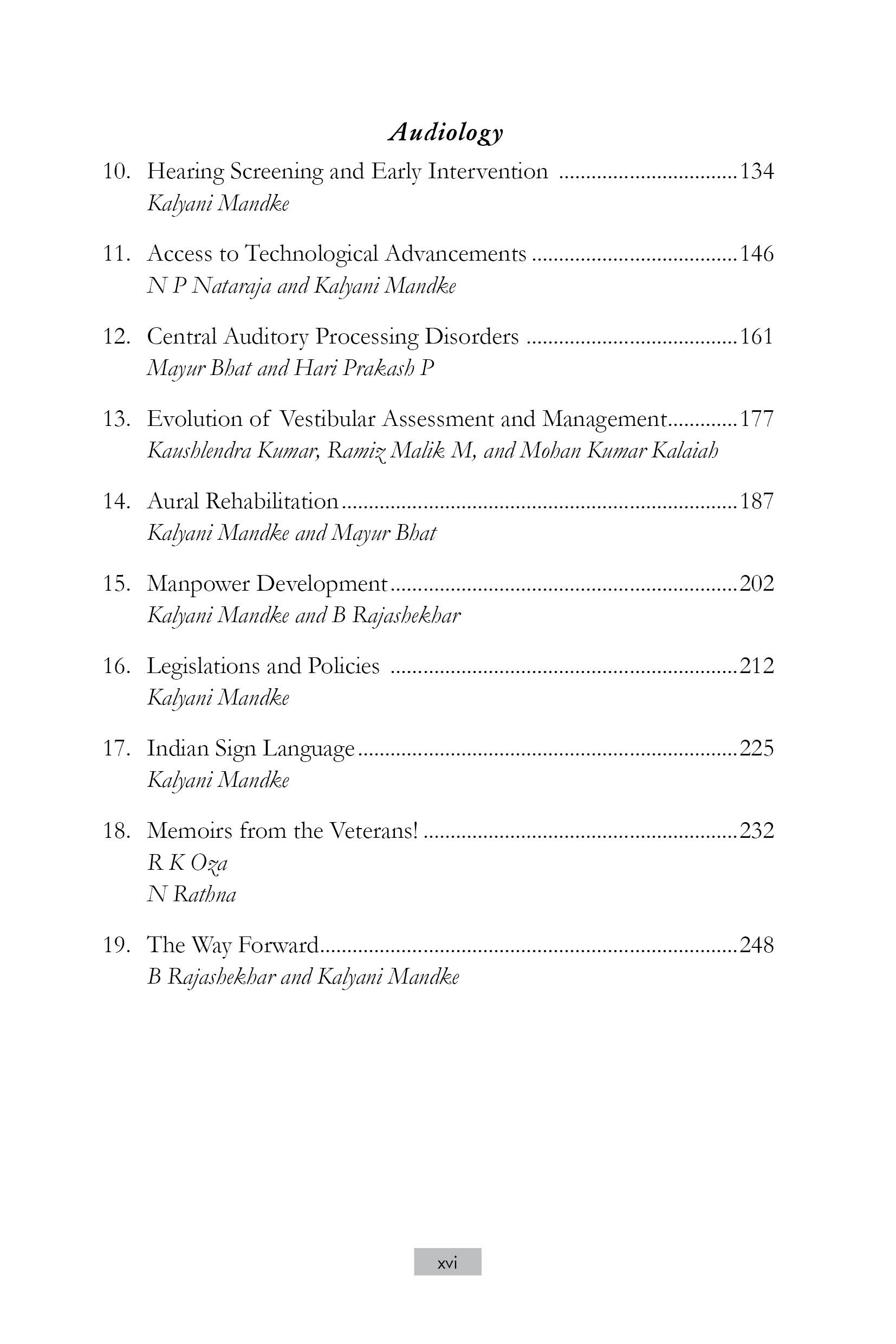Genesis of the Speech and Hearing Profession in India and its Growth
₹500.00
The field of Speech and Hearing in India traces its genesis to the Mid-20th Century, owing to the pioneering efforts of two professionals, Dr N Rathna and Prof Ramesh Oza who received their training in the United States. Influenced by global development, awareness, and local needs, the training of professionals and establishment of training institutions in India gained momentum. Over time, the field has witnessed significant growth with advancements in technology, research, and clinical services. The diversity within our population and the widespread occurrence of Speech and Hearing disorders necessitated documentation of people, tools, and tests for the sustained growth of the Speech and Hearing profession. This book serves as a comprehensive record of the evolution of speech and hearing in the country over the past six decades.
This book provides in-depth insights into the formative years of the Speech and Hearing profession. Beginning with ancient Sanskrit texts, it gives the readers an updated historical account of this profession. With advancements in technology and telepractice initiatives, the field has transitioned from its modest origins to be recognized as an essential part of healthcare, catering to the needs of millions with Speech and Hearing disorders, thereby, enhancing their quality of life and overall well-being. This work documents the development of test materials and tools within the Indian context, focusing on the subspecialties in the field of Speech and Hearing. This will assist future professionals in their respective specialties, offering them insights into upcoming developments and a glimpse into what lies ahead and beyond.
Interested readers may write to us at mup@manipal.edu about purchasing the book.
| Editor | |
|---|---|
| Format |

















